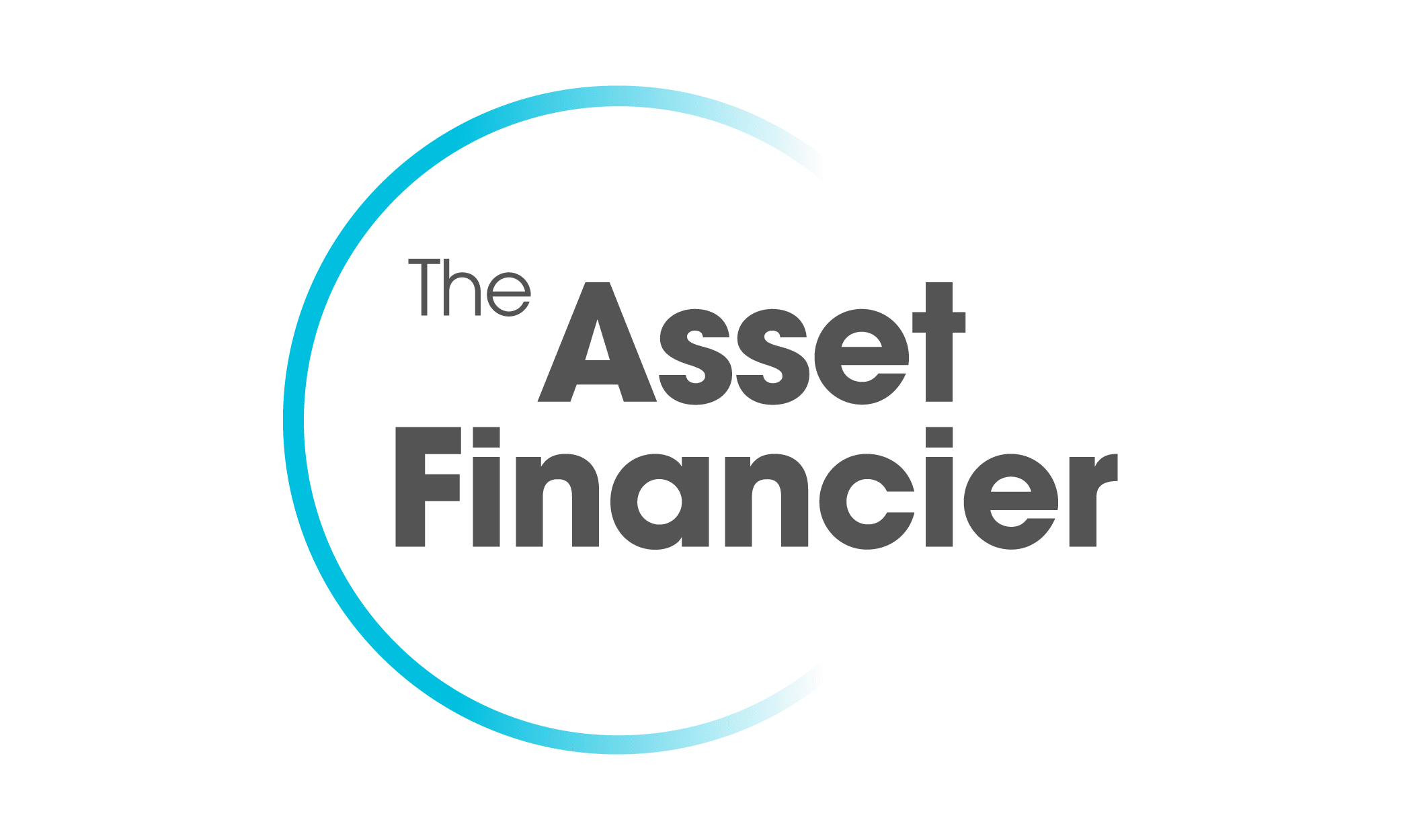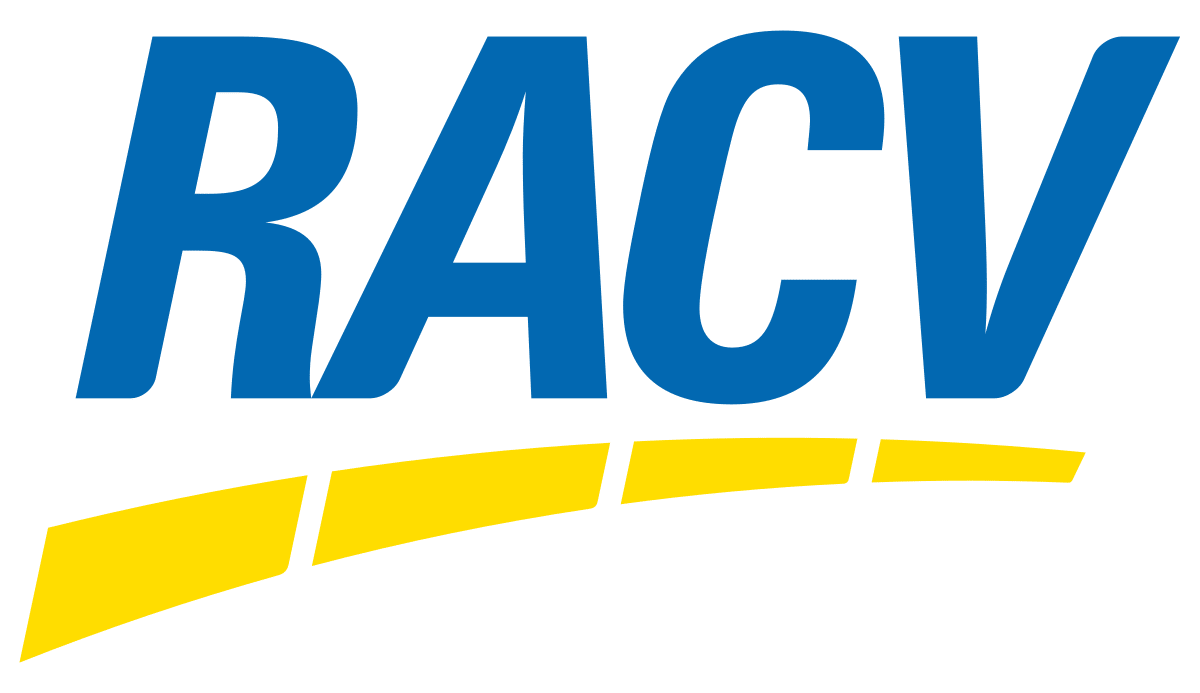Just because you’re on a low income doesn’t mean you can’t finance the new or used car you’re looking for. There are plenty of lenders out there who specialise in helping low income earners buy their next vehicle, whether you’re still studying, working multiple jobs to keep your head above water or receiving Centrelink benefits. That’s where Savvy can help you out.
How can I get a car loan if I’m on a low income?
Every lender will have a set of criteria that every successful applicant will need to meet for their car loan products. For many lenders, earning below a certain threshold and having an imperfect credit score lead to immediate rejection. However, for lenders who specialise in low income car loans and applicants with past credit issues, these thresholds are much lower. In essence, getting approved for a car loan as a low income earner comes down to choosing your lender wisely.
The minimum income required for a car loan
Although lenders vary in terms of these requirements, the lowest income required of any of Savvy’s lending partners is more than $480 per week, or $24,960 per year. How much you’re earning is only part of the story, though. Here are some of the other key areas lenders will consider when assessing your low income car loan application:
- Credit history: your credit file records all forms of credit behaviour, from repaying loans to paying your utilities, phone bills and gym membership. Having minor, non-finance defaults on your file, such as missing a phone bill, are unlikely to be the difference between approval and rejection, but late, missed payments and defaults on other loans are more serious.
- Bank statement conduct: your spending habits and lifestyle are generally reflected in your bank statements. If you always pay your bills on time, have no payday loans and avoid excessive gambling, these will show good conduct on your bank statements. Good financial conduct is a big piece in the car loan puzzle for all lenders.
- Employment requirements: some lenders only require a minimum of one month in your current job as a full or part-time employee and three months as a casual employee. For self-employed applicants, some will require you to have an ABN for at least six months or up to one full year's worth of financials.
How much can I expect to borrow?
The actual amount you’re able to borrow comes down to a range of factors, including your income, expenses, dependants, credit history and more. You can see in the following tables how the rough estimates for borrowing power change depending on your income and dependants, both for single applicants and co-borrowers applying jointly:
Single applicant
| Income | 0 dependants | 1 dependant | 2 dependants |
|---|---|---|---|
| $30,000 | $15,000 | $15,000 | N/A |
| $35,000 | $30,000 | $30,000 | $14,000 |
| $40,000 | $46,000 | $46,000 | 28,000 |
| $45,000 | $63,000.00 | $63,000 | $44,000 |
| $50,000 | $77,000 | $77,000 | $58,000 |
| $55,000 | $90,000 | $90,000 | $66,000 |
| $60,000 | $100,000 | $100,000 | $80,000 |
| Calculations are based on gross annual income and $2,000 per month living expenses. Calculations are for illustrative purposes only and do not necessarily reflect what you’ll be able to borrow. Each individual’s circumstances will impact what they can borrow. | |||
Co-applicants
| Income | 0 dependants | 1 dependant | 2 dependants |
|---|---|---|---|
| $40,000 | $13,000 | $11,000 | N/A |
| $50,000 | $47,000 | $45,000 | $31,000 |
| $60,000 | $100,000 | $71,000 | $57,000 |
| $70,000 | $100,000 | $93,000 | $79,000 |
| $80,000 | $100,000 | $100,000 | $99,000 |
| Calculations are based on gross annual income, with even salaries for each applicant, and $3,000 per month living expenses. Calculations are for illustrative purposes only and do not necessarily reflect what you’ll be able to borrow. Each individual’s circumstances will impact what they can borrow. | |||
Can I get a car loan as a low income earner on Centrelink?
Yes, there’s a wide range of Centrelink benefits that can be accepted as part of your income on your car loan application. Although they vary between lenders, these can include:
- Age Pension
- Carer Payment
- Disability Support Pension
- Family Tax Benefits A and B
- JobSeeker Payment (in conjunction with wage income or family allowance payments only)
- Parenting Payment
- Service Pension for Veterans
- Special Rate (Totally and Permanently Incapacitated) Pension
Essentially, what lenders look for is a stable, consistent and reliable payment. Each of the above payments fits this requirement with one or more of our partnered lenders. However, Centrelink payments that won’t be accepted include:
- ABSTUDY
- Austudy
- JobSeeker Payment (on its own)
- Youth Allowance
If you’re unsure about whether your Centrelink income can be counted towards your application, you can speak with your Savvy broker about your available options.
Top tips for maximising your car loan approval chances with a low income
-
Reduce your car-buying budget
The smaller your loan, the less strain on your monthly budget and the higher the chances of approval. Take the time to search for value options on the market.
-
Cut back on unnecessary expenses
If you have a gym membership or streaming subscription you don’t use, it’s eating into your low disposable income. Take stock of your finances before you apply.
-
Avoid job changes where possible
Frequent job changes will reduce your approval chances, as lenders want to see stability in your income. Don’t move in the leadup to your application if you don’t have to. Even stable casual employment can help you land car finance.
-
Pay a deposit (if you can)
Most car loans are approved without a deposit, but even a small upfront payment from your savings can make a difference. This reduces your loan amount, repayments and the interest you’ll pay overall.
-
Work on improving your credit score
If you’ve had a few credit issues in the past, taking positive steps can help you out. Paying off outstanding loans, keeping up with bills and lowering credit limits can improve your score.
Other low income car loan options
As a low income earner, you may qualify for a No Interest Loan (NIL) to buy a car. This is a service offered by Good Shepherd that allows eligible borrowers to take out a loan up to $5,000 to purchase their vehicle, which can also include motorcycles, scooters and mobility scooters.
Once approved, you’ll repay your loan over your chosen period (up to 24 months) in instalments without any interest or fees. To qualify for one of these loans, you must be able to afford the repayments and meet at least one of the following criteria:
- Earn under $70,000 per year (singles) or $100,000 per year (those with a partner or child)
- Have experienced family or domestic violence within the last ten years
- Be a Health Care Card or Pension Card holder
This is the most affordable way to borrow if you’re buying a car for under or around $5,000. If you need a larger loan, though, Savvy can help you consider the options available for your income.
- No Interest Loans for vehicles – Good Shepherd




























